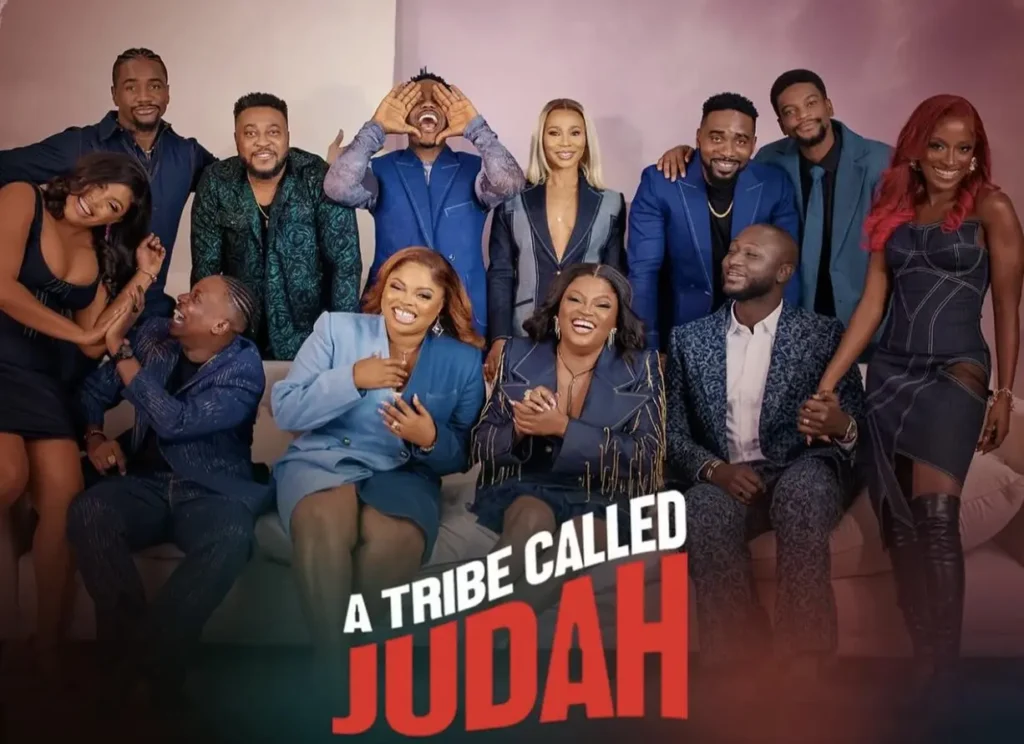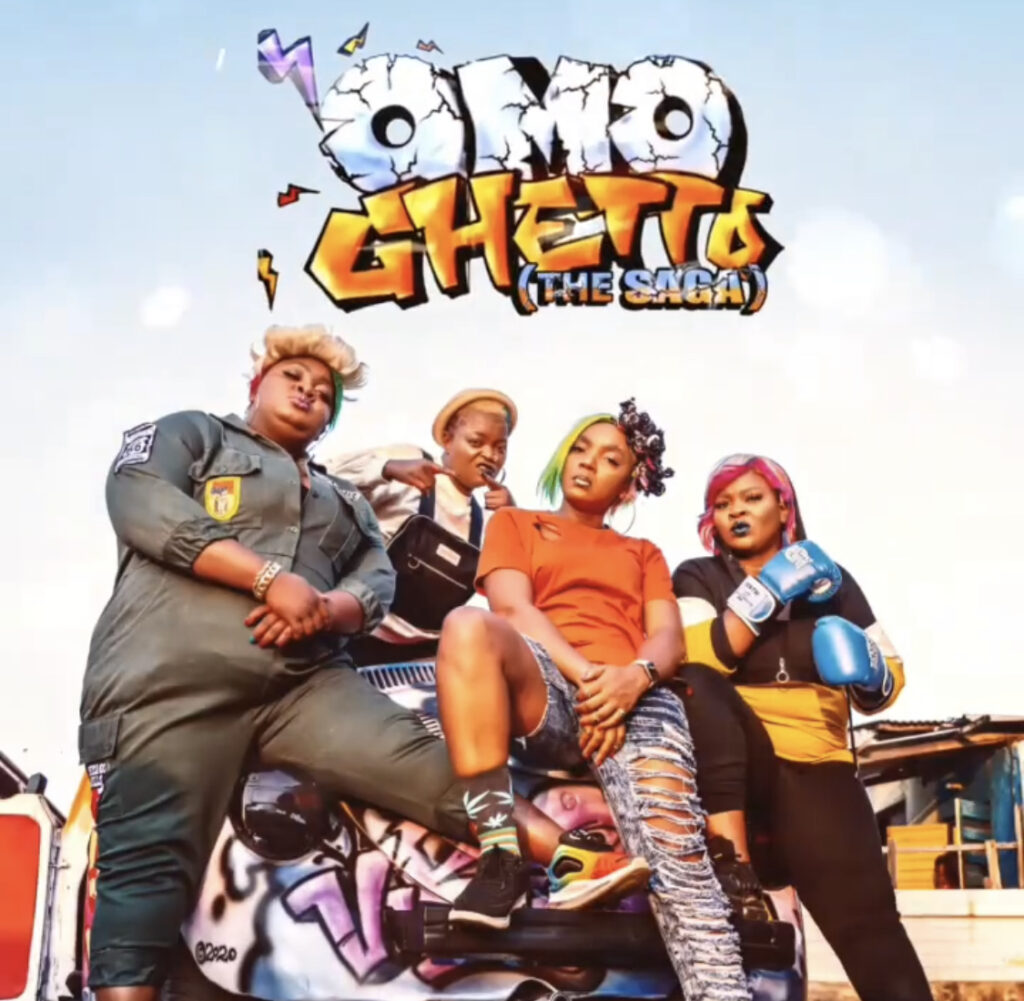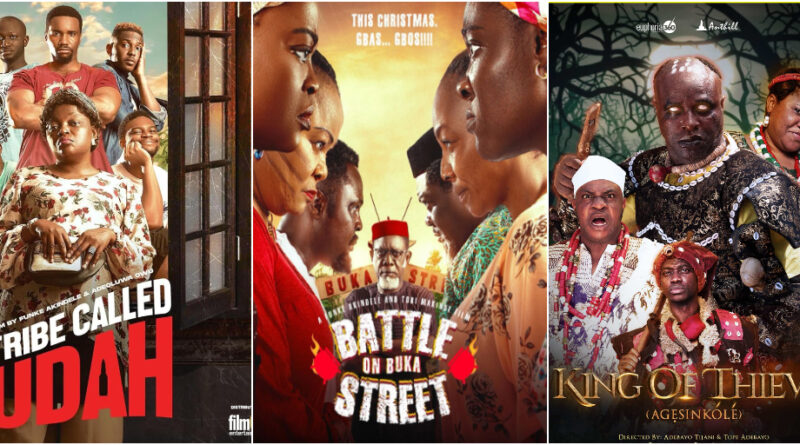List of Highest-Grossing Nigerian Movies Ever
The Rise of Nollywood and the Box Office Benchmark
Nollywood — Nigeria’s film industry — has come a long way from its early, low-budget, direct-to-video days. Over past decades, production values, storytelling, distribution, and cinema culture have improved substantially. One measure of its maturity and growth is how much films are grossing at the Nigerian box office. Tracking the highest-earning movies gives us insight into audience preferences, what kinds of films are commercially successful, how producers can plan for higher returns, and how the industry is responding to competition from foreign films and streaming platforms.
Here, I’ll cover what the current records are, some of the biggest success stories, what helped them succeed, and what challenges remain.
What Counts as “Gross” and Limitations
When we talk about “highest-grossing” Nigerian films, it’s important to clarify what is included:
- Usually, domestic (Nigerian) theatrical box office receipts are counted — how much was made in cinemas across Nigeria.
- Revenues from special screenings, DVD sales, streaming, and international theatrical runs are often not included in many of the public rankings.
- The numbers are generally not adjusted for inflation, meaning that older films may have earned less in raw figures but might have been more “popular” or impactful relative to their times.
So, comparisons have some caveats, but even with those, the data tells powerful stories about Nollywood’s evolution.
The All-Time Top Grossers
Here are some of the leading Nigerian films by box office gross in Nigeria, as of the most recent records (2024 – early 2025).
| Rank | Film | Year | Domestic Gross (Nigeria) | Producer / Key Figures |
|---|---|---|---|---|
| 1 | Everybody Loves Jenifa | 2024 | ₦1,882,553,548 | Funke Akindele (Producer, lead) |
| 2 | A Tribe Called Judah | 2023 | ₦1,404,187,806 | — |
| 3 | Battle on Buka Street | 2022 | ₦668,423,056 | — |
| 4 | Omo Ghetto: The Saga | 2020 | ₦636,129,120 | — |
| 5 | Alakada: Bad and Boujee | 2024 | ~₦500,000,000 | — |
| 6 | The Wedding Party | 2016 | ₦452,288,605 | — |
| 7 | The Wedding Party 2 | 2017 | ₦433,197,377 | — |
| 8 | Chief Daddy | 2018 | ₦387,540,749 | — |
| 9 | Queen Lateefah | 2024 | ₦365,517,443 | — |
| 10 | Reel Love | 2025 | ₦354,008,975 | — |
Some additional notable films:
- King of Thieves (2022) also did well (₦320,805,150) but is outside the top 10.
- Lionheart (2018) is very significant culturally, though its box office gross (₦21,319,102) is modest relative to the current giants.
Why Some Films Break Records: Key Factors
From analyzing the top earners, several factors seem to contribute to breaking box office records in Nigeria:
- Strong Producer/Lead Star Power
- Funke Akindele’s Everybody Loves Jenifa, and the Jenifa franchise overall, have strong followings. Her name carries weight.
- Ayo Makun (AY), another famous comedian/actor/producer, has been behind several high earners.
- Franchises and Sequels
- Films that build on existing popular characters or brands, like Wedding Party, Jenifa / Return of Jenifa, perform better because they come with built-in audience expectations.
- Release Timing & Marketing
- Releasing during festive periods or when schools are out, or during major holiday seasons, helps.
- Effective promotion is key — good trailers, strong social media campaigns.
- Genre & Content Relevance
- Comedies, romantic comedies, stories rooted in local culture (language, customs, familiar settings) tend to do well.
- Also, movies that tap into social issues or combine entertainment with cultural commentary often draw audiences.
- Distribution and Cinema Access
- More cinemas, more screens, especially in states beyond Lagos, helps. Accessibility affects how many people can see the film.
- Quality of projection, sound, and viewing experience matter — the more “cinematic” the theatres are, the more people value going out to watch a film.
- Production Value
- As budgets (and quality) improve — in terms of acting, script, sets, cinematography, editing, etc. — more films are able to compete both at home and internationally.
- Word of Mouth & Social Media
- Positive reviews, audience feedback, social media buzz can dramatically increase attendance in cinemas, especially after opening weekend.
Selected Case Studies
Everybody Loves Jenifa (2024)

- Gross: ₦1,882,553,548 — it currently holds the record for highest Nigerian box office ever.
- Why it succeeded:
- It builds on the Jenifa brand (Funke Akindele’s signature character), which has deep roots in Nigerian culture and humour.
- Marketing was strong; release timing was favorable.
- It seemed to appeal broadly across Nigeria — not just in urban centres but in many states
A Tribe Called Judah (2023)

- Grossed over ₦1.4 billion.
- One of the earlier films to cross the billion-naira mark, showing that it’s possible even before 2024.
Omo Ghetto: The Saga (2020)

- Earned ₦636,129,120.
- Despite being released just before the COVID-19 pandemic disrupted cinema attendance, it still became one of the top earners.
Trends Uncovered & What They Imply
From this list and others, some broader trends can be identified:
- Rapid Growth in Top-End Box Office Figures
The highest grossers in recent years dwarf what many films from a decade ago made. The top films in 2024 are pulling in billions of naira. The market has expanded. - Increasing Local Content Dominance
While Hollywood films still perform in Nigeria, recent years show Nigerian films increasingly topping annual highest-grossing lists. Audiences are supporting local stories. - Language Diversity and Regional Appeal
Films in English dominate, but there’s increasing success with films in local languages (e.g. Yoruba), often appealing to audiences outside major urban centres. This helps unlock more tickets sold across states. - Inflation & Ticket Price Effects
As ticket prices go up, nominal grosses go up too. This means that movies today can achieve high grosses partly because of higher ticket prices. But without inflation adjustment, comparisons to older films are imperfect. - More Big Budget Productions and Technical Quality
Higher investments, better production, and improved cinema infrastructure are pushing up expectations. Productions today tend to show more polish than those ten or more years ago.
Challenges & Caveats
No discussion of highest-grossing Nigerian movies is complete without recognizing what still limits the box office growth and what the numbers might not reveal.
- Cinema Penetration Is Uneven
In many states across Nigeria, there are few cinemas or high-quality theatres. Where access is limited, many people rely on TV, mobile devices, DVDs, or streaming. That means box office is only tapping into part of the potential audience. - Piracy & Leakages
Piracy remains a problem. Films are often made available illegally online, which can reduce cinema attendance. - Discrepancies & Transparency in Data
Sometimes, box office numbers are estimates, not always reliably audited or publicly verified. There may be inconsistencies in reporting, especially outside Lagos or for smaller cinemas. - Inflation and Currency Issues
The Nigerian economy has had periods of high inflation, currency devaluation, etc. A naira amount from 2014 isn’t directly comparable to a naira amount in 2024 without adjusting. - Competition from Streaming
With Netflix, Amazon, local streaming platforms, people have more options at home. Especially post-COVID, behavior has changed: some people prefer waiting or streaming. This can reduce theatrical grosses. - Cost of Production vs. Returns
Even when films gross large amounts, production costs have risen. Returns may not always be proportionally higher once costs (including marketing, distribution) are factored in.
What Is the Future Likely to Hold?
Based on current trajectory, several predictions or expectations are reasonable:
- More Nigerian films will cross the ₦1 billion mark, especially as cinema infrastructure expands, marketing strategies improve, and regional markets are better served.
- Increased investment in local language films and in stories rooted in regional culture will help grow audiences outside major towns.
- The “franchise model” or recurring characters/brands will likely continue to be profitable; producers may invest in sequels, spin-offs, etc.
- Partnerships with streaming platforms may become part of distribution strategies: theatrical release first, then streaming. This hybrid model may help with revenue diversification.
- There may be more sophisticated measurement of success: not just “gross,” but profit margin, return on investment (ROI), viewership both in cinemas and online, and ticket sales (admissions) rather than just monetary figures.
A Snapshot by Year: Some Key Grossers
Here’s a selection of top-earning films by recent years, to see how the “champions” change year by year:
| Year | Top Grossing Nigerian Film(s) | Gross (₦) |
|---|---|---|
| 2024 | Everybody Loves Jenifa — ₦1,882,553,548 | |
| 2023 | A Tribe Called Judah — ₦1,404,187,806 | |
| 2022 | Battle on Buka Street — ₦668,423,056 | |
| 2020 | Omo Ghetto: The Saga — ₦636,129,120 |
This shows how the “bar” is rising: what was record-breaking one year becomes more attainable in subsequent years, as the market matures.
Culture, Beyond Numbers
While box office numbers tell us about financial success, what’s equally important is what these movies represent for Nigerian culture:
- They reflect changing social norms, humor, relationships, issues like urban vs. rural life, class, and tradition vs. modernity.
- They contribute to a shared cultural experience: people across the country going to watch the same films, quoting lines, sharing memes, etc.
- They generate employment: actors, crew, theatres, marketing, etc. Every big hit fuels more jobs and more investment.
- They enhance Nigeria’s presence on the global stage: as Nigerian films succeed at home, they are better placed to cross over internationally, whether in festivals, streaming, diaspora communities, or cultural exchange.
Conclusion
ALSO READ : Divorce and Proud — Bolanle Ninalowo
The list of highest-grossing Nigerian films ever is more than just a leaderboard; it’s a narrative of growth, evolution, challenges, and possibilities. From modest grosses a decade ago to multi-billion-naira blockbusters today, Nollywood has proven it has both the audience and the creative capacity to deliver big hits.
For filmmakers, investors, advertisers, cinema owners, and audiences, these trends suggest exciting times ahead. There’s room for ambitious projects, for diverse voices, and for strategies that lean into what local audiences want while aiming for international relevance.




